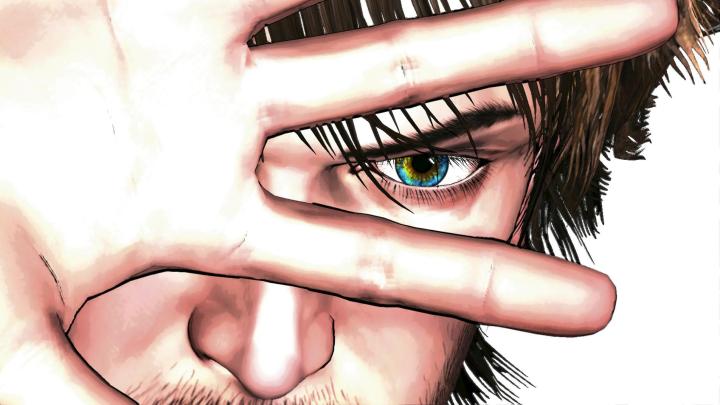
Suehiro made the announcement on his Twitter account, where he said that he “retired” from Access Games and implied that personal health problems were behind his decision to leave.
“However, don’t worry,” Suehiro added. “Because my health condition is [going to be] fine.”
Suehiro previously took an extended leave of absence from game development to deal with reactive hypoglycemia. The condition, which sees blood sugar levels drop within four hours of eating a meal, can cause “hunger, weakness, shakiness, sleepiness, sweating, lightheadedness, and anxiety,” according to the Mayo Clinic.
Swery65’s catalog of games can best be described in one word: weird. His mystery Deadly Premonition was listed in the Guinness Book of World Records as the most polarizing game of all time, receiving a perfect review score from Destructoid while receiving a 2/10 from IGN, which called it “awful in every way.”
His most recent project, D4: Dark Dreams Don’t Die, is itself one of the most bizarre games ever created. Taking place almost entirely aboard an airplane, the game utilizes rhythm game elements, point-and-click elements, and Kinect motion control to tell a story that is so cryptic and strange that it’s not even really appropriate to try to summarize or deconstruct it. A second season — the first ended with absolutely no resolution or answers to our countless questions — was previously in the works, but it’s unclear if the project can continue without Suehiro’s involvement.
We wish Suehiro the best of luck in his recovery and hope that he is able to return to designing games. The world needs the weirdness of Dark Dreams Don’t Die as much as we need a new Call of Duty game ever year.


